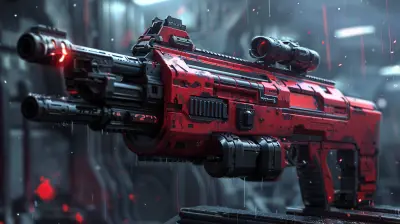How Game Genres Influence Design Decisions
3 September 2025
Let’s take a wild guess—you’ve played more than one type of game in your life, right? Shocking, I know. Maybe one day you’re conquering medieval castles in a tactical strategy game, and the next, you’re zipping through neon-soaked levels in a first-person shooter. But have you ever stopped mashing buttons for a second to wonder why these games look, feel, and play so differently? Spoiler alert: It’s not just because developers like to keep things spicy. It’s all thanks to this little thing called game genres.
Yes, game genres—the invisible puppet masters pulling the strings behind every game’s design. They dictate everything from mechanics and narrative flow to user interface and sound design. If games were pizza, genres would be the sauce that defines the flavor (and no, pineapple still doesn’t belong here, don't @ me).
So grab your favorite controller (or mouse, you fancy PC gamer), and let’s break down how these genres make game designers jump through flaming hoops of creativity.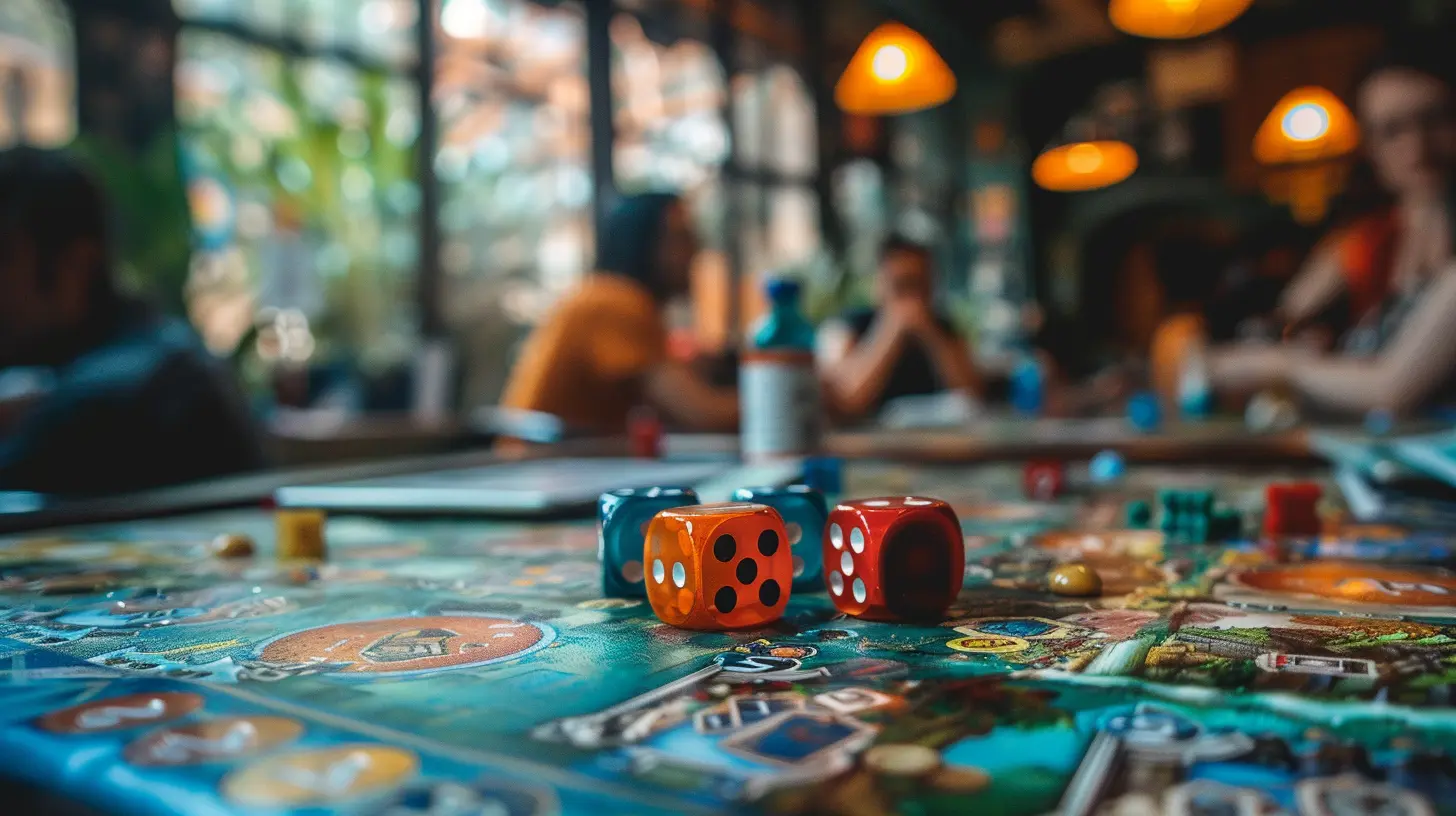
The Genre Gods Demand Sacrifices: Why Genres Matter in Game Design
Before we dive into the nitty-gritty, let’s state the obvious. Game genres are more than just labels slapped on a box. Calling a game an “RPG” or “Platformer” isn’t just for marketing fluff; it’s a roadmap. A game’s genre tells developers what to include, what to emphasize, and what ancient gamer expectations must absolutely be met—or else face the wrath of angry Reddit threads.Imagine making a horror game that doesn't try to terrify you. What is it then, a camping simulator with bad lighting?
Game genres help guide design choices in a big way. From core mechanics to narrative structure and even art style, every element bends the knee to genre conventions—or chooses to boldly flip the table and start a revolution. Either way, the starting point is always the genre.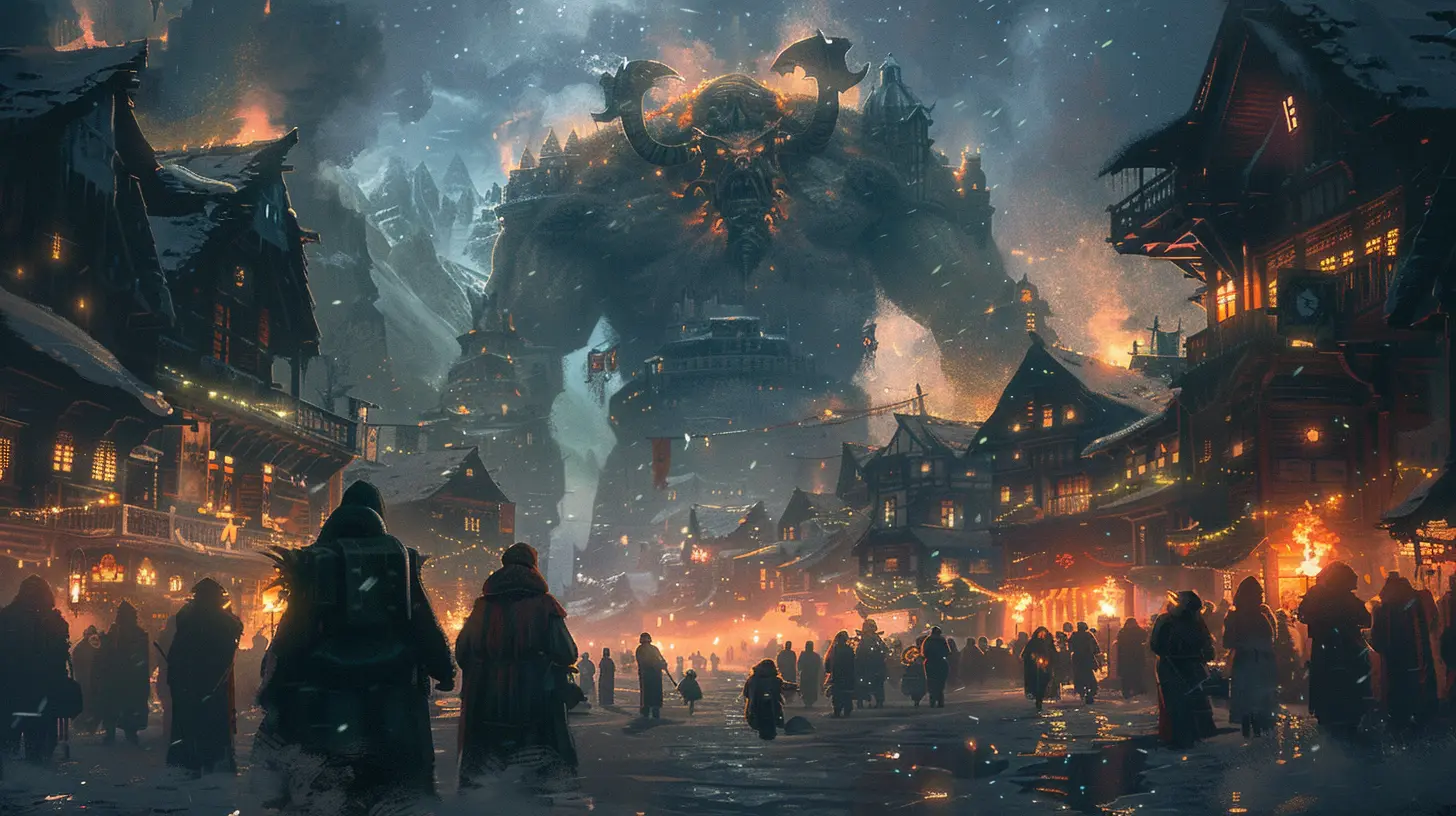
RPGs: Where Every Decision Leads to a Side Quest
Ah, Role-Playing Games. The genre where players hoard potions like they’re going out of style, and dialogue trees have more branches than a forest.Design Impacts of RPGs
- Narrative-First Mindset: RPGs bleed story. Designers have to craft sprawling narratives, deep lore, and character arcs that sometimes feel more real than our own life decisions (no offense, Carl from Accounting).- Choice Mechanics: Dialogue options, moral consequences, and branching paths mean developers basically need to write 15 versions of the same storyline.
- Customization Overload: Gear systems, skill trees, and character customization are more complicated than figuring out your taxes.
Genre Influence: RPGs demand depth, lots of it. Every gameplay system has to support the illusion that you are becoming someone else in a world that reacts to you. It's a beautiful, exhausting mess.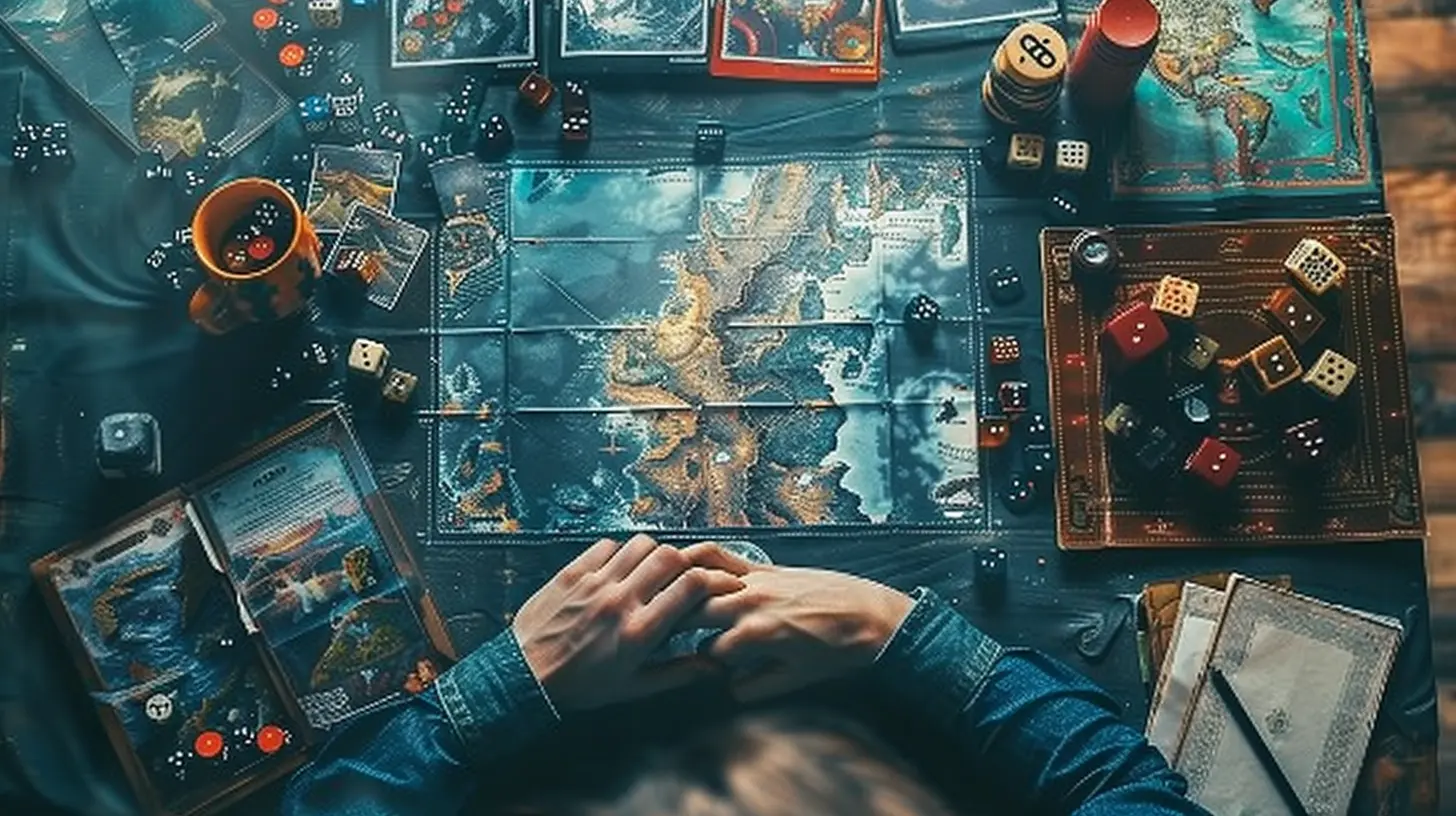
First-Person Shooters (FPS): Aim, Shoot, Repeat... but Make It Pretty
FPS games are the action movies of the gaming world—fast, explosive, and rarely subtle (unless you're camping, you absolute monster).Design Impacts of FPS Games
- Twitch-Based Mechanics: Everything revolves around aim accuracy and reflexes. Designers focus on tight gunplay and fluid controls. If the shooting doesn’t feel "just right," you’ve got a problem.- Visual Clarity: You need to spot enemies five pixels tall across a map. That means UI and environmental design must scream function over flair.
- Map Layouts with Flow: Whether it’s a multiplayer deathmatch or a single-player campaign, level design must support constant movement, cover mechanics, and tactical positioning.
Genre Influence: The FPS genre dictates a focus on mechanics and performance. Narrative? Optional. Explosions? Mandatory.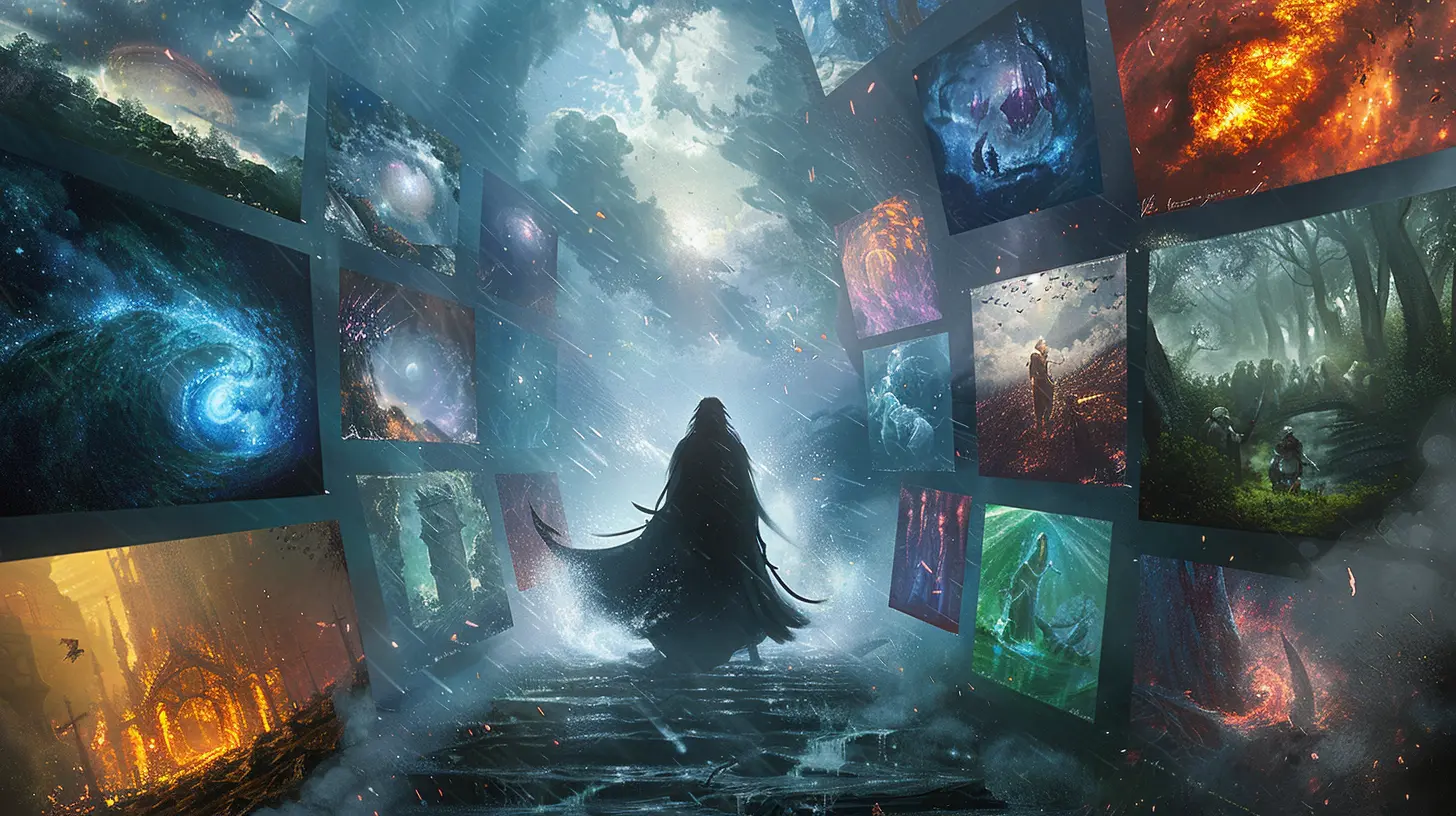
Survival Horror: Where Game Design is Basically "How Close Can We Get to a Heart Attack?"
Survival horror games specialize in making you regret turning off the lights. If you’re not screaming, are you even playing?Design Impacts of Horror Games
- Resource Scarcity: Ammo, healing, and even the save function—everything’s limited. Because stress = fun, apparently.- Sound Design Takes the Wheel: Audio cues are essential. Creaking floorboards, whispers, and sudden silence are all tools of psychological warfare.
- Pacing is King: Designers have to carefully control the tempo to build tension. Too many scares, and it’s a joke. Too few, and it’s a snooze fest.
Genre Influence: The horror genre forces designers into sadistic masterminds, tweaking every sound and shadow to make you question your sanity.
Platformers: The Gentle Art of Rage Quitting
Platformers ask just one tiny favor: jump at the right time every single time or perish. Simple. Until it’s not.Design Impacts of Platformers
- Precision Physics: Jump arcs, gravity, and momentum have to be pixel-perfect. Anything less and players will riot.- Level Design is Everything: Platforms, traps, collectibles—every tile placement can make or break the experience.
- Visual Readability: Since gameplay depends on timing, the screen can’t be visual soup. Foreground, background, enemies—all must be crystal clear.
Genre Influence: Platformers put the mechanics under a microscope. A lot rides on the feel of just “jumping.” You’d be surprised how philosophical it can get.
Strategy Games: The Genre That Thinks It's Smarter Than You
Strategy games sit in the back of the class correcting the teacher. They’re cerebral, complex, and often come with UI elements that need a user manual.Design Impacts of Strategy Games
- Information Overload—but Make It Manageable: Players need to see unit stats, enemy movements, economy values—all without going cross-eyed.- Decision Trees Miles Long: Design involves balancing dozens of mechanics from tech trees to troop positioning. It’s like chess, but the board bites back.
- Pacing Control: Whether it’s turn-based or real-time, designers must give players time to plan—but not so much they fall asleep.
Genre Influence: Strategy game design is about empowering the brainiacs while not scaring off the rest of us. It’s a game of systems within systems.
Sandbox/Open-World Games: The "Do Whatever You Want, We Just Work Here" Genre
Open-world games are like those choose-your-own-adventure books, if the book was 300 hours long and gave you a grappling hook.Design Impacts of Open-World Games
- Freedom vs. Focus: Designing an open-world game means figuring out how to give players infinite freedom without compromising structure or purpose.- Exploration Mechanics: Fast travel, minimaps, collectibles—they all play into the joy of discovering things at your own pace.
- World-Building on Steroids: Every corner of the map needs to feel alive, meaningful, and, ideally, not repetitive. Good luck with that.
Genre Influence: These games let players lose themselves, which means designers must never let their own systems spiral into chaos. It’s like herding cats—giant, expensive, code-based cats.
Fighting Games: Button Mashing Meets Ballet
Fighting games are where split-second timing meets flashy combos and the deepest rabbit hole of balance tweaking.Design Impacts of Fighting Games
- Frame Data Obsession: Every move needs exact timing, hitboxes, and recovery frames. Balance is everything.- Character Roster Diversity: Every fighter needs a unique style, animations, and mechanics while still fitting into the overall system.
- Competitive Integrity: Fighting games are built for competition. That means rollback netcode, tournament modes, and keeping things fair—except for that one overpowered character. Looking at you, Akuma.
Genre Influence: Fighting games are about tight mechanics and infinite replay value, usually served with a side of bruised egos.
Puzzle Games: Making Your Brain Sweat Since Forever
Puzzle games are tricky little devils. They look harmless until you're stuck on level 6 for three days and questioning every life choice.Design Impacts of Puzzle Games
- Logic Progression: Each level must teach, test, and then twist the player’s understanding. It’s like being a math teacher but way cooler.- Minimalism in Design: Visual clutter dilutes the challenge. Puzzle games are sleek, focused, and clean.
- One Core Mechanic to Rule Them All: The best puzzle games build complexity around a single elegant idea. And then spend hours making you suffer through it.
Genre Influence: Puzzle games demand laser-focused design. Simplicity, clarity, and cunning rule the day.
Genre Mashing: The Frankenstein Monsters of Game Design
And then, of course, there’s the chaos that happens when you mix genres. Like, what even is a roguelike deck-building rhythm game? Who wakes up and decides that’s the combo?But somehow, it works. Sometimes. When done well, hybrid genres give players the best of both worlds. When done poorly? It’s like ordering sushi from a taco truck—ambitious, yet deeply questionable.
Game designers love to experiment, but with every mash-up, they still need to honor the core pillars of the genres they’re pulling from. Otherwise, it's just genre soup. And nobody likes soup without seasoning.
Final Thoughts: Genre Isn’t a Jail Cell, It’s a Launch Pad
Look, game genres aren’t here to chain developers to a wall and force them to copy-paste ideas. Think of genres more like a recipe template. The ingredients are suggested, but you can always add your own flavor—just keep in mind that people expect cake, not a casserole.Understanding how game genres influence design decisions is crucial for anyone in the gaming world—from players to devs to that one guy who speedruns cooking simulators. Genres shape the rules, the fun, and the frustration. They’re part structure, part tradition, and surprisingly, still flexible enough to evolve.
So the next time you rage-quit a platformer or weep during an RPG side quest, tip your gamer hat to genre influence. It’s doing more behind the scenes than you think.
all images in this post were generated using AI tools
Category:
Game DesignAuthor:

Aurora Sharpe
Discussion
rate this article
1 comments
Mitchell Lee
This article highlights the critical interplay between game genres and design choices, revealing how genre expectations shape player experiences. It's fascinating to see how designers navigate these influences while balancing creativity and innovation. The insights provided here will certainly inspire deeper appreciation for the strategic decisions in game development.
September 18, 2025 at 4:48 AM

Aurora Sharpe
Thank you for your thoughtful comment! I'm glad you found the interplay between genre and design so compelling—it truly is a fascinating aspect of game development.

